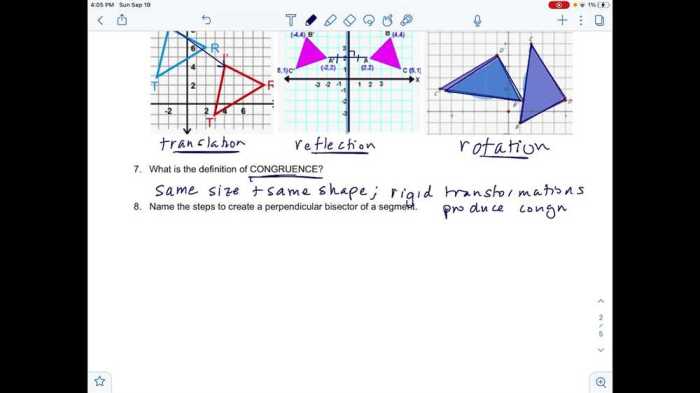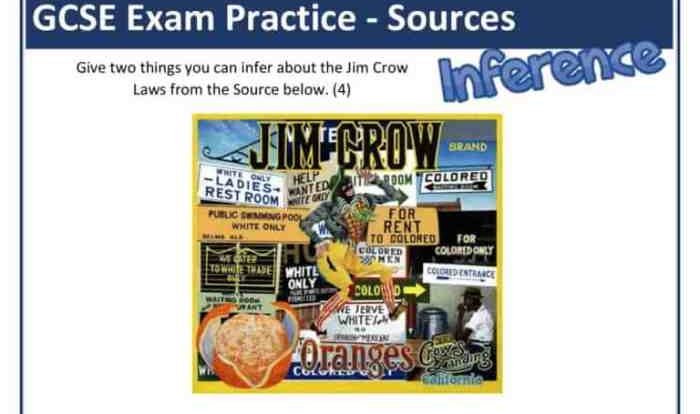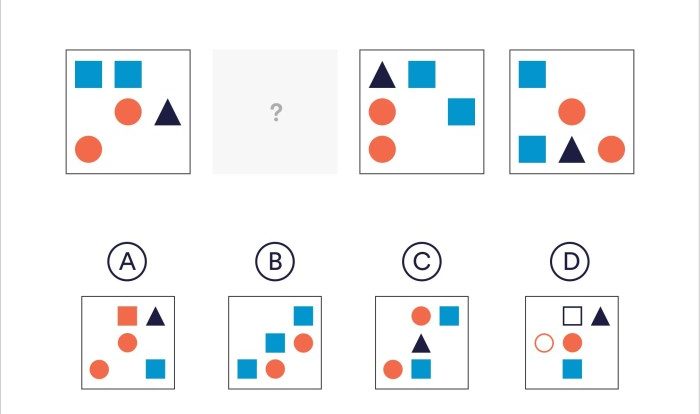Get ready to conquer the Unit 23 Quiz Reading Comprehension with this comprehensive guide. We’ll delve into the quiz format, essential reading skills, and effective test-taking strategies, ensuring you emerge victorious.
This guide will equip you with the knowledge and skills to tackle any reading comprehension challenge. By the end, you’ll be an expert at analyzing texts, answering different question types, and maximizing your performance on the quiz.
Quiz Overview
The Unit 23 Quiz is an assessment tool designed to evaluate your understanding of the key concepts covered in Unit 23. It consists of a series of multiple-choice questions that test your knowledge of the unit’s material.The quiz is formatted as follows:
-
-*Number of Questions
10
-*Question Type
Multiple-choice
-*Time Limit
20 minutes
You are required to complete the quiz within the specified time limit. Your score on the quiz will contribute to your overall grade for Unit 23.
Quiz Instructions
- Read each question carefully and select the best answer from the options provided.
- You may only select one answer per question.
- Once you have selected an answer, click the “Submit” button to record your choice.
- You can review your answers at any time by clicking the “Review Answers” button.
- You cannot change your answers once you have submitted the quiz.
Reading Comprehension Skills
Reading comprehension is the ability to understand and interpret written text. It involves several key skills, including:
Identifying Main Ideas
The main idea is the central point or message of a text. Questions that assess this skill may ask you to:
- Identify the topic of a text
- Summarize the main points
- State the author’s purpose or intent
Drawing Inferences
Drawing inferences involves making reasonable assumptions based on the information in a text. Questions that assess this skill may ask you to:
- Predict what will happen next
- Identify the author’s attitude or tone
li>Make connections between different parts of a text
Understanding Vocabulary
Understanding vocabulary is essential for reading comprehension. Questions that assess this skill may ask you to:
- Define unfamiliar words
- Use context clues to determine the meaning of words
- Identify the part of speech of words
Improving Reading Comprehension Skills
There are several strategies you can use to improve your reading comprehension skills, including:
- Read actively and engage with the text
- Preview the text before reading
- Use context clues to understand unfamiliar words
- Summarize the text after reading
- Discuss the text with others
Text Analysis
Analyzing the text before answering questions is essential for comprehension. It allows you to identify key details, main ideas, and supporting evidence, enabling you to form accurate and well-supported responses.
Identifying Key Details
Read the text carefully, paying attention to specific facts, dates, names, and other details. Highlight or underline important information. Ask yourself what is being said, who is involved, when and where it happened, and why it is significant.
Determining Main Ideas
Identify the central message or theme of the text. This can often be found in the first paragraph, topic sentences, or conclusion. Consider the overall purpose of the text and how the supporting details contribute to the main idea.
Finding Supporting Evidence
Look for evidence that supports the main idea or key details. This may include examples, statistics, quotations, or expert opinions. Determine how the evidence is relevant and how it strengthens the author’s claims.
Using Context Clues
When you encounter unfamiliar words or concepts, use context clues to infer their meaning. Consider the surrounding words, phrases, and sentences to gain a better understanding of the term’s usage. You can also refer to a dictionary or online resources for further clarification.
4. Question Types
Quizzes often employ a variety of question types to assess comprehension. Understanding these types and the appropriate approach for each can significantly enhance performance.
Multiple Choice Questions
Multiple choice questions present a stem and several options, with only one correct answer. To answer effectively, carefully read the stem, identify key terms, and eliminate options that are clearly incorrect. Consider the remaining options and select the one that best fits the context.
True/False Questions
True/false questions require determining if a statement is accurate or not. Read the statement thoroughly, paying attention to qualifiers such as “always” or “never.” If any part of the statement is false, the answer is false; if the entire statement is true, the answer is true.
Short Answer Questions
Short answer questions ask for a concise response, typically a few sentences or a specific fact. Read the question carefully, identify the key information required, and provide a direct and accurate answer.
Essay Questions
Essay questions require a more extended response, demonstrating a comprehensive understanding of the topic. Before writing, take time to plan the structure of your essay, ensuring it has a clear introduction, supporting body paragraphs, and a concluding statement. Use specific examples and evidence from the text to support your arguments.
Test-Taking Strategies: Unit 23 Quiz Reading Comprehension
Effective test-taking strategies are essential for maximizing performance on any assessment. By understanding the structure of the test, managing your time wisely, and employing proven techniques, you can increase your chances of success.
Time Management, Unit 23 quiz reading comprehension
Time management is crucial during a test. Before starting, familiarize yourself with the time allotted for each section and allocate your time accordingly. Avoid spending too much time on any one question, as it can hinder your ability to complete the entire test.
Consider using a pacing strategy, such as dividing the time into equal segments for each section. This will help you stay on track and prevent you from running out of time at the end.
Challenging Questions
Inevitably, you will encounter challenging questions on a test. When faced with such questions, do not panic. Instead, employ the following strategies:
- Skip and Return:If a question stumps you, skip it and move on to the ones you can answer. You can always come back to it later if time permits.
- Eliminate Incorrect Options:If possible, try to eliminate obviously incorrect answer choices. This can narrow down your options and make it easier to identify the correct answer.
- Guess Wisely:If you are unable to answer a question, guess strategically. Eliminate any options you know are wrong and choose the one that seems most plausible.
Sample Questions and Answers
Practice your comprehension skills with these sample quiz questions. The answers and explanations provide a clear understanding of the text and the key concepts tested.
Questions and Answers
| Question | Answer | Explanation |
|---|---|---|
| 1. What is the main idea of the passage? |
|
The passage introduces the concept of critical thinking and its significance in the contemporary information landscape. |
| 2. According to the text, what are the key characteristics of critical thinking? |
|
The passage lists these traits as essential components of critical thinking. |
| 3. How does critical thinking help us make better decisions? |
|
The passage explains that critical thinking enhances our decision-making process by providing a structured and rational approach. |
| 4. What are some real-life examples of critical thinking in action? |
|
The passage provides these examples to illustrate how critical thinking is applied in everyday situations. |
FAQ
What is the purpose of the Unit 23 Quiz Reading Comprehension?
To assess your ability to understand and analyze written texts.
What types of questions can I expect on the quiz?
Multiple choice, true/false, short answer, and essay questions.
How can I improve my reading comprehension skills?
Practice regularly, identify key details, infer meaning from context, and use effective test-taking strategies.


